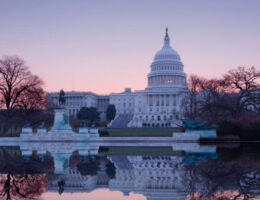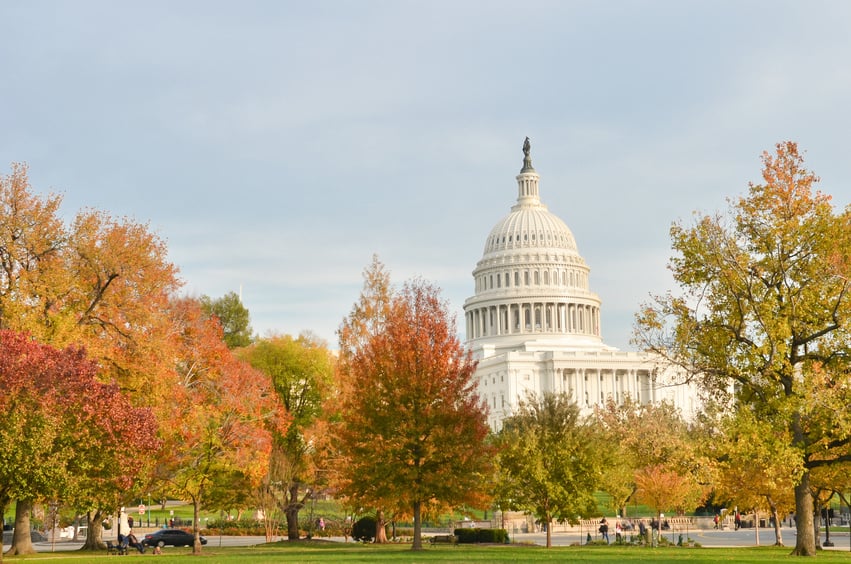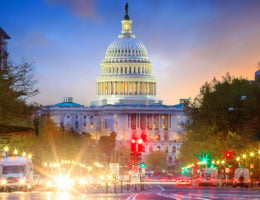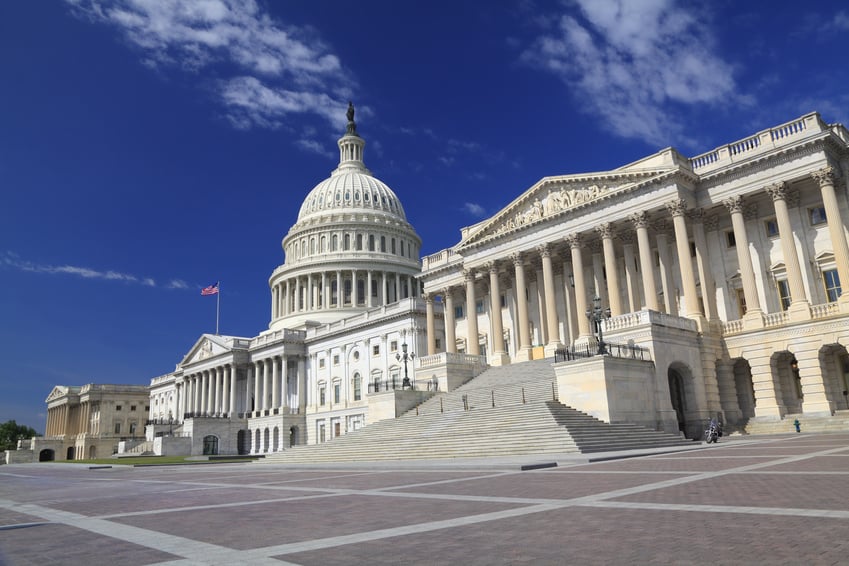On 1 December 2023, the US Court of Appeals for the Fourth Circuit reversed a Sherman Act conviction of a former executive of an aluminum products manufacturer for failure to state a per se antitrust offense. In February 2022, the former executive was found guilty of six counts: conspiracy to rig bids, conspiracy to commit mail or wire fraud, three counts of mail fraud, and one count of wire fraud. The court affirmed the mail and wire fraud convictions, but reversed the Sherman Act conviction of conspiracy to rig bids. The Fourth Circuit held that the trial court erred in applying the per se rule without considering the fact that the alleged scheme took place within the context of a “dual distribution” relationship among competing bidders, who also maintained a supplier relationship.
The Federal Trade Commission has just announced its annual adjustment to the notification thresholds that determine whether proposed transactions may trigger a filing obligation under the Hart-Scott-Rodino (HSR) Antitrust Improvements Act of 1976, as amended. The corresponding adjustments to the HSR filing fee schedule also were included in the announcement. The adjusted notification thresholds and filing-fee schedule will apply to transactions that close on or after the effective date, which will be 30 days after publication in the Federal Register and no earlier than 26 February 2024.
On 18 December 2023, the Antitrust Division of the US Department of Justice (DOJ) and the Federal Trade Commission (FTC) jointly issued their highly anticipated final version of the 2023 Merger Guidelines . The issuance of the Guidelines follows the agencies’ release of draft guidelines in July and the conclusion of a public notice-and-comment period. The Guidelines set out how the agencies assess whether mergers and acquisitions threaten anticompetitive harm in violation of US antitrust laws.
Most notably, the newly issued Guidelines retained the lower thresholds for establishing presumptions of anticompetitive harm — including if the merger gives the combined firm more than 30% market share. Additionally, the Guidelines outline a holistic approach for analyzing vertical mergers.
On 1 December 2023, the US Court of Appeals for the Fourth Circuit reversed a Sherman Act conviction of a former executive of an aluminum products manufacturer for failure to state a per se antitrust offense. While DOJ is considering en banc review of this opinion, if upheld the decision could have lasting implications for how the DOJ proceeds with indictments involving parties that engage in dual distribution. We will continue to monitor for future developments in this case as it moves forward.
In a notable turn of events, the Federal Trade Commission announced that it would abandon its in-house post-consummation challenge of the 2018 acquisition by Axon Enterprise, Inc. of VieVu, LLC. The FTC’s decision follows a recent adverse ruling from the Supreme Court, which held that parties are entitled to assert constitutional challenges against the FTC before being required to participate in its administrative proceedings. Following the Supreme Court’s decision, the FTC is likely to confront more challenges when pursuing enforcement actions—including, in particular, merger challenges—through its in-house administrative proceedings.
The US Federal Trade Commission (FTC) and the US Department of Justice Antitrust Division (DOJ) (together “Agencies”) each have recently taken enforcement actions that demonstrate renewed attention on interlocking directorates (in which individuals simultaneously serve as directors on the boards of competing companies). Interlocking directorates are prohibited under Section 8 of the Clayton Act unless one of its de minimis exceptions applies. Those exceptions are dependent upon the volume of revenues derived from products sold by the operative companies in competition with one another.
On Friday 16 June 2023, the Federal Trade Commission’s Bureau of Competition issued a strong warning to companies regarding the inclusion of certain types of contract terms that can “impede investigations” and “are contrary to public policy and unenforceable.” Specifically, the announcement warned against confidentiality clauses, nondisclosure agreements, and “notice of agency contact” provisions, commonly used in business-to-business and employment contracts.
On 3 February 2023, the US Department of Justice announced the withdrawal of three antitrust policy statements that allowed certain information exchanges between competitors in healthcare markets. The day before this announcement, Principal Deputy Assistant Attorney General Doha Mekki of DOJ Antitrust Division warned that DOJ would reconsider these outdated policy statements in light of recent changes in the healthcare industry.
The Federal Trade Commission has just announced its annual adjustment to the notification thresholds that determine whether proposed transactions may trigger a filing obligation under the Hart-Scott-Rodino Antitrust Improvements Act of 1976, as amended, which will apply to transactions that close on or after 27 February 2023.









